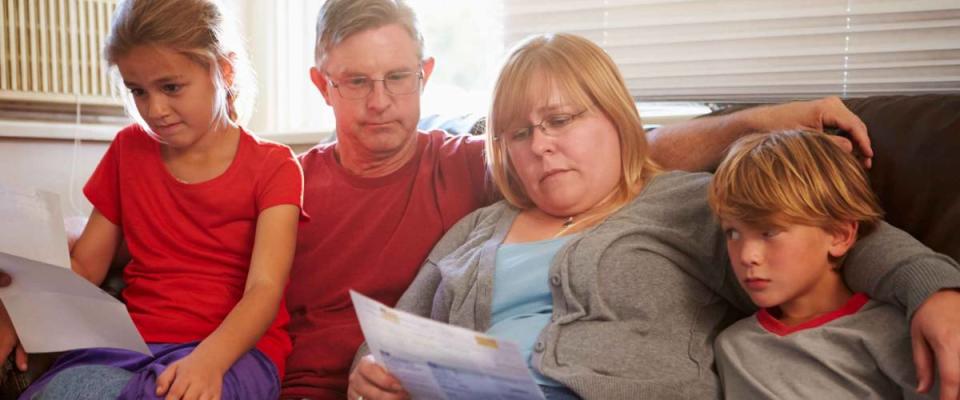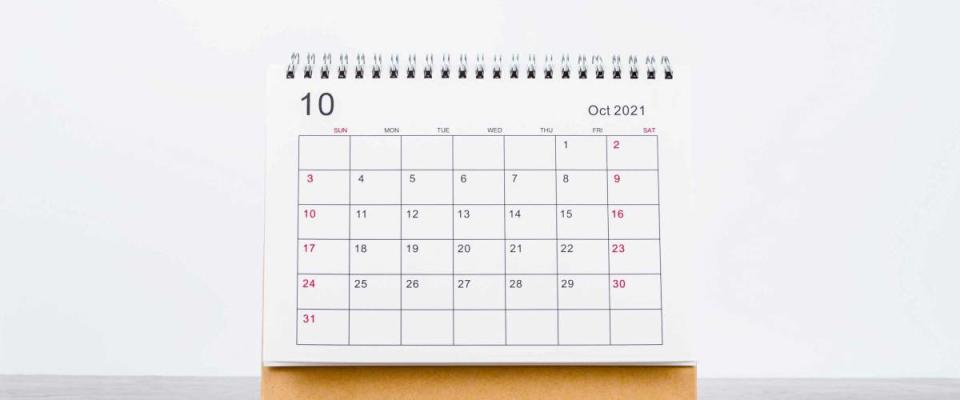Wishing you hadn't taken the child tax credit payments? Fix that soon

On Friday, an estimated 35 million families will receive cash from this year's expanded child tax credit as the IRS distributes the fourth monthly payment.
These "family stimulus checks" started in July to give households with kids a little extra help buy groceries, cover household bills or pay down debt.
But some people who claim a child or multiple kids as dependents might be wise to opt out of their last few payments, and collect the money next year at tax time instead. If the following reasons apply to you, you’ll want to move quickly to opt out.
A recap of how the tax credit works

The beefed-up child tax credit was one of the COVID relief measures in President Joe Biden’s March $1.9 trillion economic stimulus package.
For each child ages 6 through 17, households receive up to $3,000, and kids younger than 6 net up to $3,600 for their families.
The IRS is paying out half of the tax credit through monthly checks or bank deposits of up to $300 from July to December, on or around the 15th of the month. The other half will be available to parents through refunds when they file their taxes next spring.
Couples earning $150,000 or less, or individuals making up to $75,000, are eligible for the maximum payments. People who earn more and usually qualify for a child tax credit are getting reduced early payouts.
Most parents haven’t had to do anything to receive their money, but some low-income households that don’t typically file taxes must register for the credit through the IRS child tax credit update portal.
And it’s there that you also can opt out of the advance payments.
Reasons you may want to opt out

Even if you’ve already been receiving payments, the government allows you to skip the later ones.
Because the monthly checks work as advanced payments on the tax credit you would normally receive from your 2021 tax filing, every dollar you receive now reduces the amount you can get back next year.
Eligibility for the credit is based on your most recent tax return, which is the one from 2020 for many people.
If your situation has changed in the past year — whether your income increased or someone new has claimed your child as a dependent — you could find yourself facing a big tax bill next year.
In those cases, opting out of the advance child credit payments for the rest of 2021 could help offset what you'll owe the IRS.
Or, some families who can afford to live without their monthly checks may decide they’d rather receive a big refund check to help cover household expenses or simply to splurge on something fun next year.
But time is limited to opt out

For each monthly payment, the IRS sets a deadline for parents to update their preferences or personal information. It's too late to say "no thanks" to the Oct. 15 payment — the cutoff was Oct. 4.
But you still have time to opt out of the last two checks. The deadline for going into the child tax credit update portal to refuse the Nov. 15 and Dec. 15 payments is Nov. 1.
The IRS provides an FAQ guide about why you might want to unenroll.
And with married couples, the IRS has clarified that both spouses must unenroll. If just one spouse opts out, the household will still receive monthly payments — but for half the normal amount.
What to do if you need a little extra stimulus

If you’re still coming up short despite the monthly tax credit payments, or if your household isn't getting them because you've opted out or you earn too much to qualify, here are a few ideas to essentially make your own family stimulus check.
Deal with your debt. Credit cards may be convenient, but they also come with expensive interest. If you’re buckling under your load, tackle it by folding your balances into a single debt consolidation loan. You’ll have only one payment to budget around, and the lower interest rate will slash the cost of your debt.
Trade in your mortgage for a cheaper model. If you own your home and haven't refinanced in the past year, what are you waiting for? A recent Zillow survey found that nearly half the homeowners who've taken advantage of the pandemic's rock-bottom mortgage rates are saving $300 a month or more. Thirty-year mortgage rates are under 3% again, so gather several mortgage refi offers and see how much you might save.
Cut your insurance costs. You might easily be paying hundreds of dollars too much for car insurance every year if you haven't looked around for a better rate lately. A little comparison shopping could help you find a much cheaper policy. And you can use the same strategy when the time comes to renew or buy homeowners insurance.
Turn your pennies into a portfolio. You don’t have to have much money to earn returns from today’s red-hot stock market. In fact, a popular app can help you invest just your “spare change” from everyday purchases into a diversified portfolio.
This article provides information only and should not be construed as advice. It is provided without warranty of any kind.
